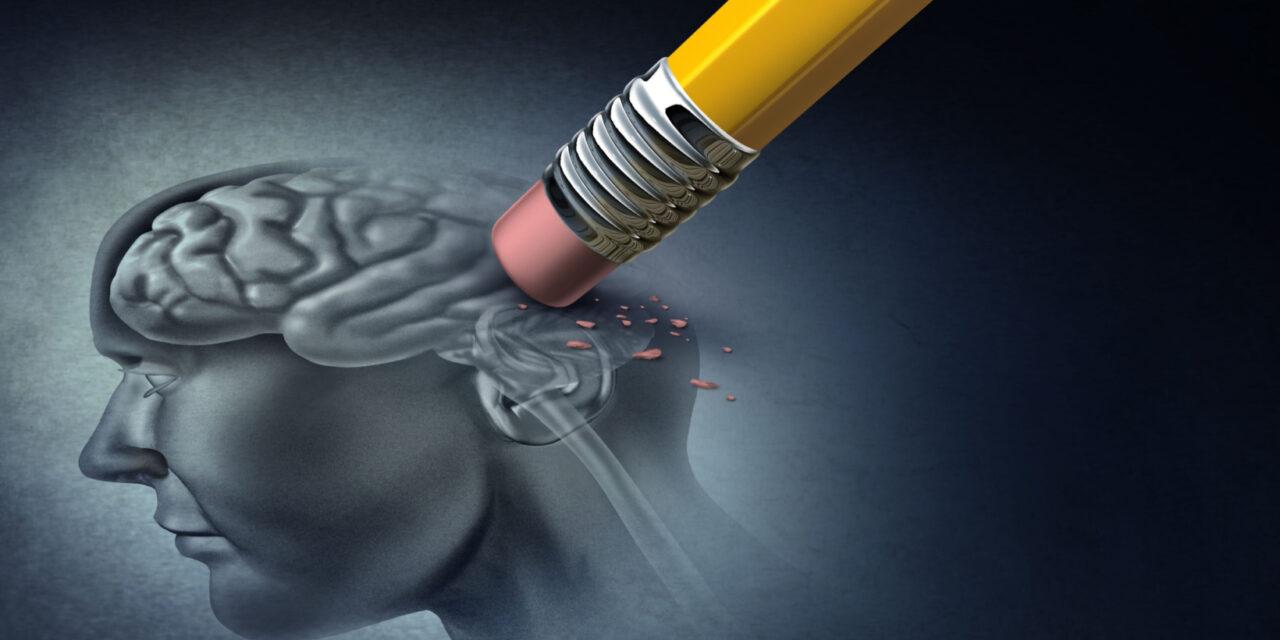
Capturing Fleeting Memories
Memory loss is quite normal as we age, but what most people think of as memory loss is actually a decline in the ability to perform tasks requiring attention and executive function.
To view the full article please register below:
Capturing Fleeting Memories
If you’re getting older, you’re probably experiencing some memory loss. Memory loss is quite normal as we age, but what most people think of as memory loss is actually a decline in the ability to perform tasks requiring attention and executive function (i.e., the ability to plan, sequence and regulate thought).
Memory loss can be unsettling, but the good news is there are a number of simple things you can do to improve your memory and ability to concentrate.
Improving Your Memory
- Make lifestyle changes. Making basic changes to the way you live can go a long way in improving memory. Important lifestyle changes include:
- Quitting smoking
- Drinking only in moderation (better yet, not at all)
- Limiting sugary and processed foods in your diet
- Eating foods such as leafy green veggies, nuts, berries, coffee (whew!) and oily fish
- Exercising regularly; this is crucial to boosting brain cells and neurotransmitters production
- Getting sufficient sleep, even if means taking a nap during the day (though sleeping very few hours could be genetic)
- Reduce stress. Meditation, taking walks in the woods with friends and maintaining your social network can all mitigate the effects of aging on your brain.
- Keep your mind young. Learn new things, take a cooking class or play a board game. Activities that stimulate the brain promote the growth of brain cells and help the brain create new pathways.
- Develop new habits. Think of ways you can reduce demands on your memory through new habits, like placing the car keys in the same place every time you come home or writing down important appointments or tasks. Find ways to better remember things, such as repeating the name of someone to whom you’ve just been introduced.
Other Considerations
Depression, head trauma, thyroid malfunction, vitamin deficiencies and mild cognitive impairment are conditions that may also impact your memory. That’s why it’s important to identify the causes of memory loss and receive appropriate treatment under the care of a medical professional.
Mild cognitive impairment occurs in almost 20% of adults over the age of 65. While mild cognitive impairment can slide into dementia, it can also stay the same or even go away, depending on what is causing it. Risk factors for more permanent cognitive impairment include genetics, stroke, head injury, high cholesterol, high blood pressure, obesity, smoking and hearing loss, so it’s important to manage these risks with the help of your doctor.
Please reference disclosures: https://blog.americanportfolios.com/disclosures/












